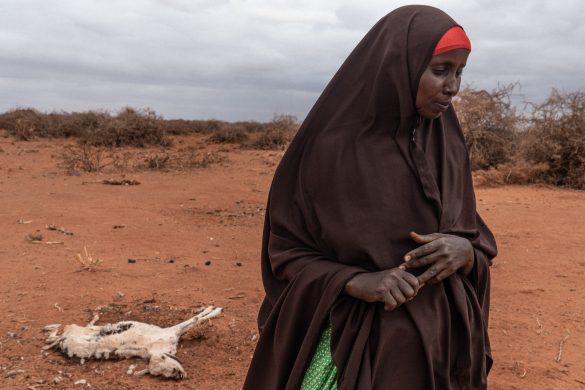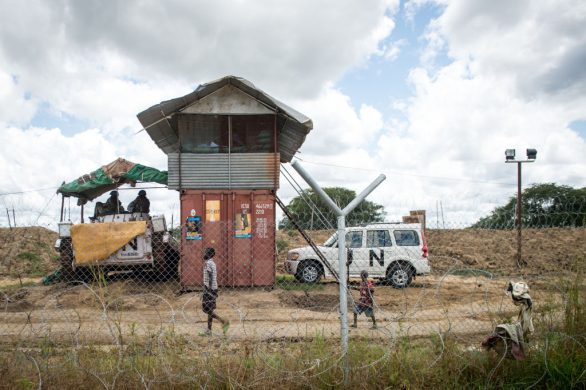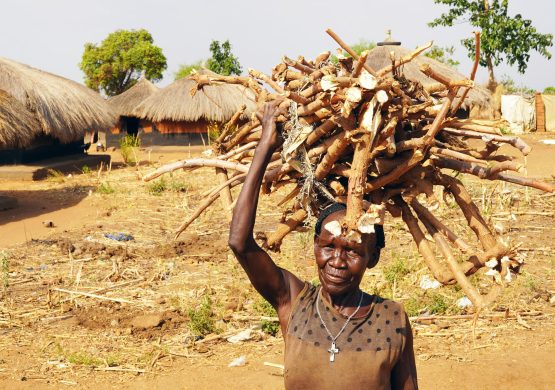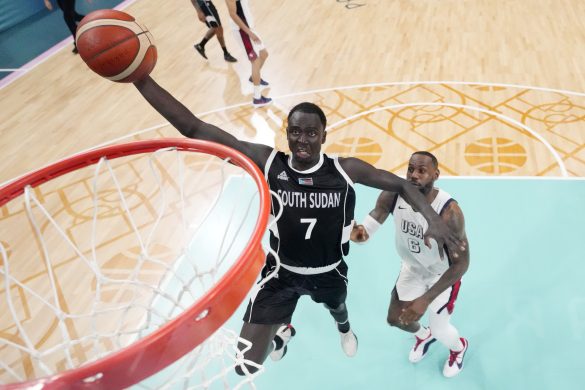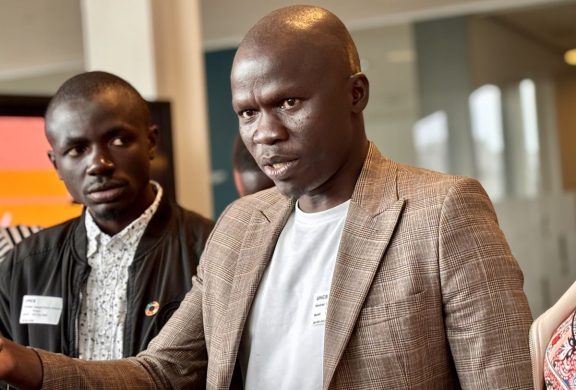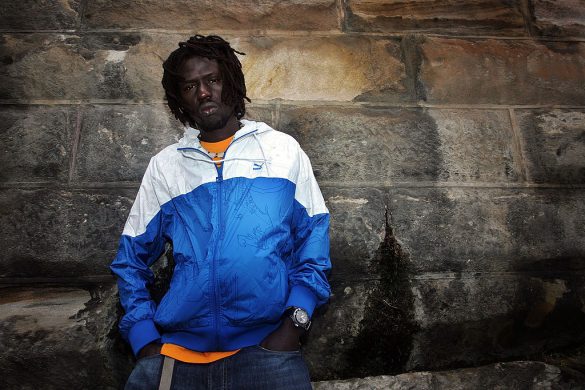NEW YORK, 12 January 2016 (UN News Service): Nearly 24 million children living in crisis zones in 22 strife-torn countries are being deprived of a school education, threatening their own future and that of their societies, the United Nations Children’s Fund (UNICEF) reported Tuesday.
“Children living in countries affected by conflict have lost their homes, family members, friends, safety, and routine”, UNICEF Chief of Education Jo Bourne said, adding:
“Now, unable to learn even the basic reading and writing skills, they are at risk of losing their futures and missing out on the opportunity to contribute to their economies and societies when they reach adulthood.”
The analysis highlights that nearly one in four of the 109.2 million children of primary and lower secondary school age – typically between six and 15 years – living in conflict areas are missing out on their education.
De værste steder
South Sudan is home to the highest proportion of out-of-school children. Over half (51 per cent) of primary and lower secondary age children have no access to an education.
Africas newest nation was thrown into turmoil when conflict erupted between President Salva Kiir and his former Vice-President Riek Machar two years ago, killing thousands, displacing over 2.4 million people, and impacting the food security of 4.6 million.
Niger is a close second with 47 per cent unable to attend school, followed by Sudan with 41 per cent and Afghanistan with 40 per cent.
In countries affected by conflict, collecting data on children is extremely difficult and therefore these figures may themselves not adequately capture the breadth and depth of the challenge, UNICEF stressed.
Frygter en tabt generation
The agency fears that unless the provision of education in emergencies is prioritized, a generation of children living in conflict will grow up without the skills they need to contribute to their countries and economies, exacerbating the already desperate situation for millions of children and their families.
Education continues to be one of the least funded sectors in humanitarian appeals. In Uganda, where UNICEF is providing services to South Sudanese refugees, education faces an 89 per cent funding gap.
"School equips children with the knowledge and skills they need to rebuild their communities once the conflict is over, and in the short-term it provides them with the stability and structure required to cope with the trauma they have experienced,” Ms. Bourne said.
“Schools can also protect children from the trauma and physical dangers around them. When children are not in school, they are at an increased danger of abuse, exploitation and recruitment into armed groups.”
During episodes of instability and violence, schools become more than a place of learning. UNICEF is working to create safe environments where children can learn and play to restore normalcy to their lives.
Despite these efforts, security restrictions and funding shortfalls are affecting education and the distribution of learning materials in conflict situations.
Se også 'We should be outraged' more not being done to end violence against children in conflict – UNICEF chief” på
http://www.un.org/apps/news/story.asp?NewsID=51497#.VpWjXBxUOKI


